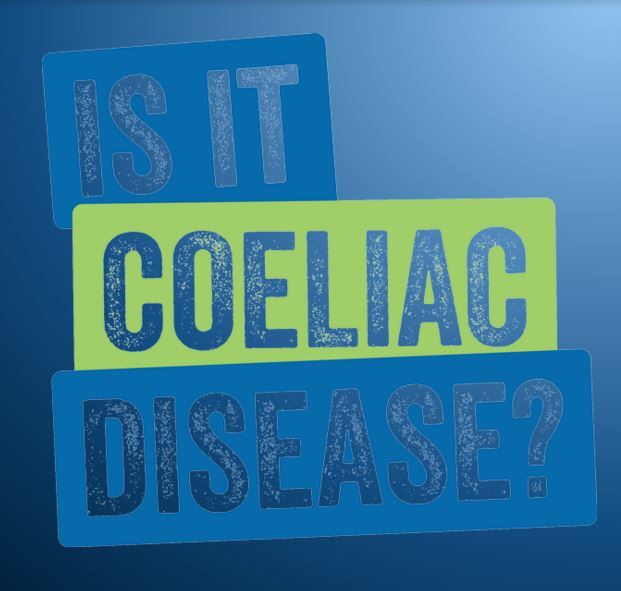From May 9, Coeliac UK, the country’s national charity for people with celiac disease, will be running the ‘Is it coeliac disease?’ campaign that will highlight the symptoms people might be suffering without realizing they could have the condition.
This year the charity is focusing on those that have recurring or unexplained anaemia, caused by iron deficiency, which it said was one of the key symptoms found in those who are undiagnased.
In addition to financial support, Marks & Spencer is also allowing the charity to distribute leaflets and raise awareness of the disease at its stores on Saturday May 14.
Public awareness
“We are delighted to be in partnership with Coeliac UK and look forward to working with them on their campaign,” said Marks & Spencer head of nutrition Claire Hughes.
“It’s important to us that the public are made more aware of the symptoms of celiac disease so that more people can get the diagnosis and support that they need.”
Marks & Spencer – together with Nestlé and the Food Standards Agency will be among businesses sending speakers to Coeliac UK event Gluten Free: Staying Ahead of the Game.
Networking event
Claimed to be the UK’s first gluten-free networking event for food industry professionals, it will cover topics including growth and diversity in free-from retailing, the legislative challenges around gluten-free food, and gluten-free.
Coeliac UK also operates the Gluten-free Guarantee campaign that was introduced in 2014 and asks supermarkets to commit to having a basket of eight core items of gluten-free staple food across all stores. Asda was the first to sign up to the guarantee, followed by Morrisons last month. Marks & Spencer has previously committed to carrying six of the eight products specified by the charity.
Coeliac UK online assessment

Coeliac UK provides an online assessment that allows people to answer questions about their symptoms. They will then be advised if they should go to their doctor to be screened.
Since the assessment was launched under a year ago, over 30,000 people have taken the questionnaire, said the charity, adding that initial results suggested around 10% of those who were recommended to seek advice went on to be diagnosed with coeliac disease.
